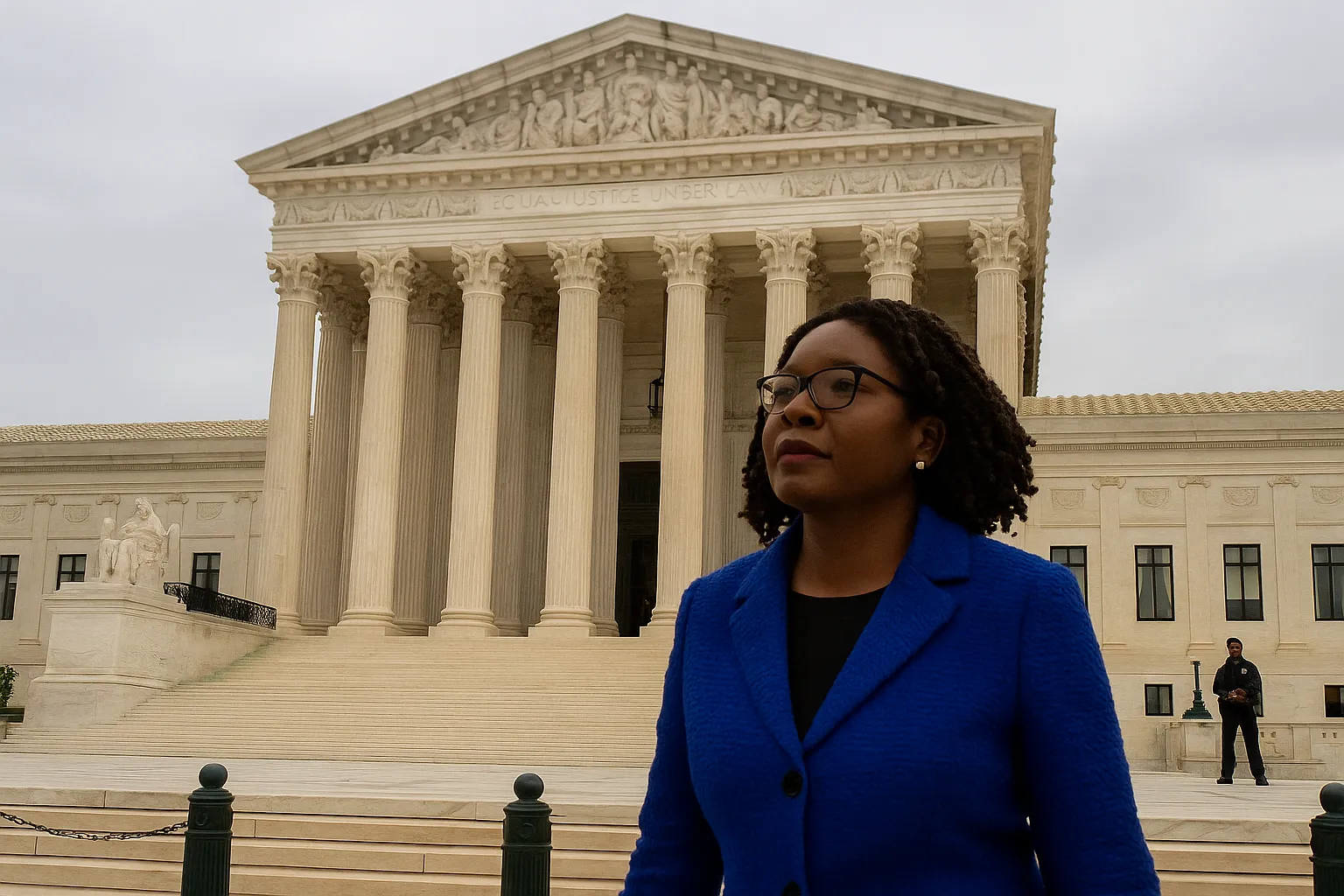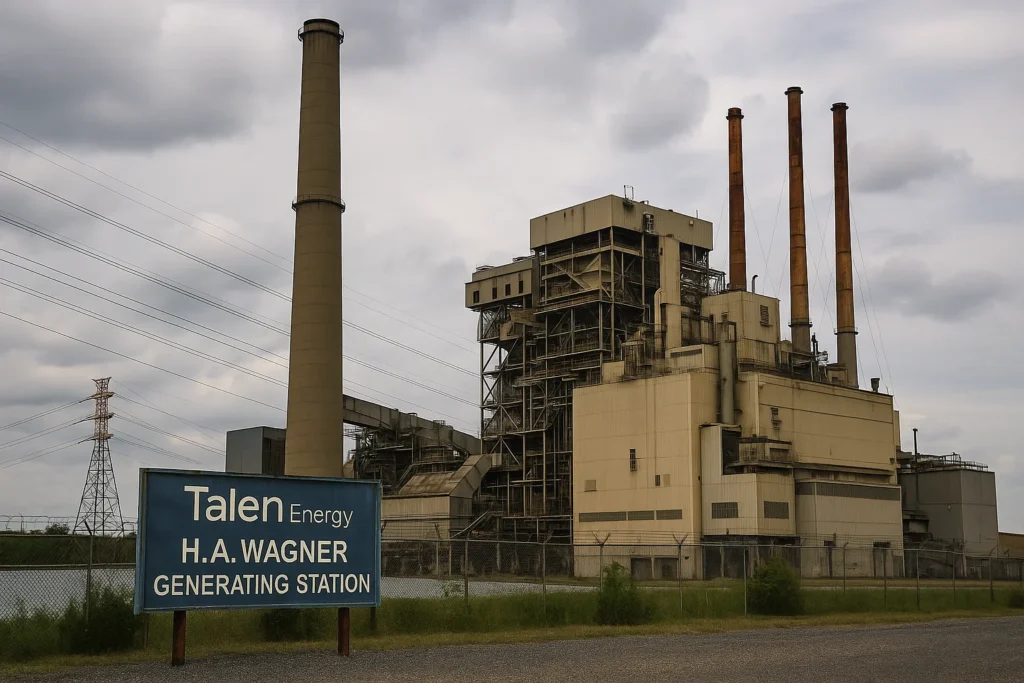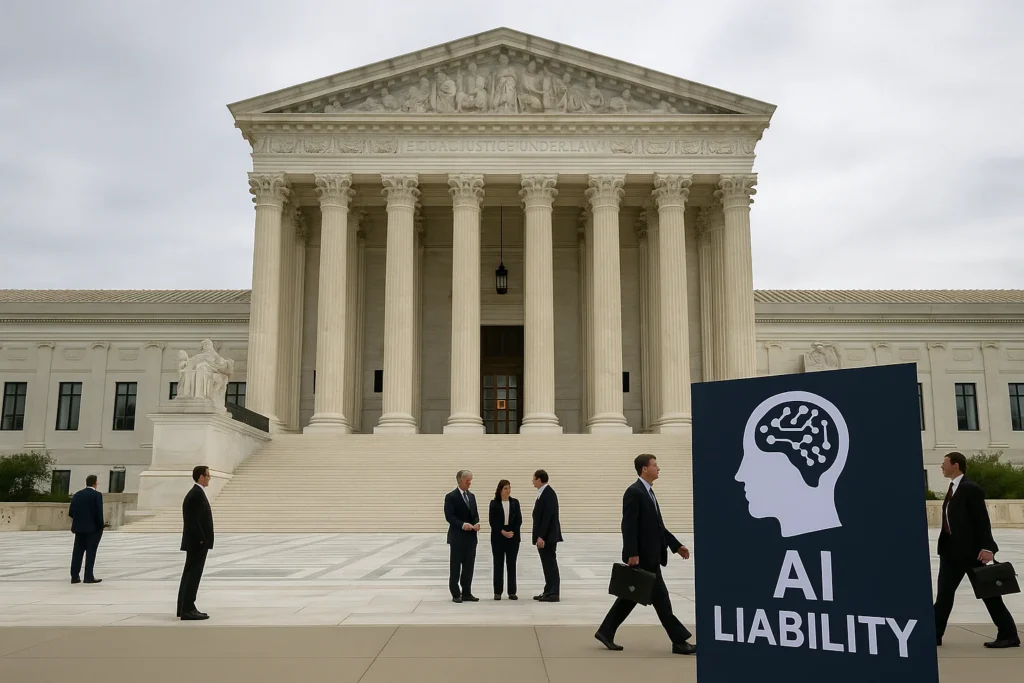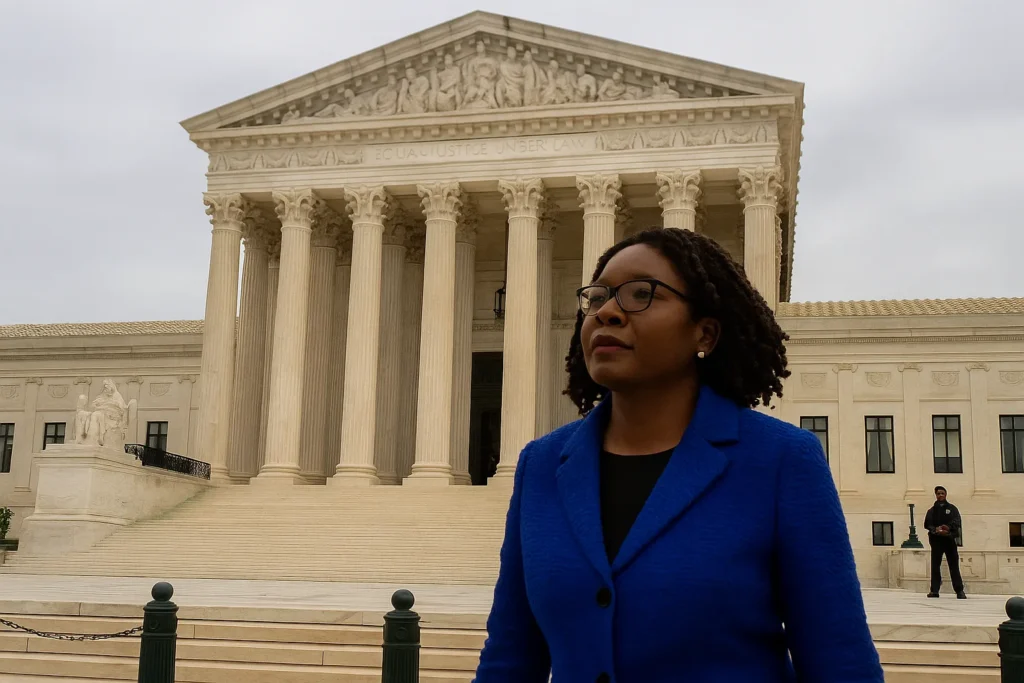Supreme Court Lisa Cook case: Trump firing bid blocked
The Supreme Court Lisa Cook case is not merely about one Federal Reserve governor. It is a stress test of American democracy. When the Court stepped in to block Donald Trump’s attempt to fire Lisa Cook, it shielded more than a single official. It shielded the fragile line between presidential power and institutional independence.
In a nation paralyzed by shutdown chaos and political dysfunction, this case matters far more than Washington wants to admit.
Context: the fight over independence
Lisa Cook, an economist appointed to the Federal Reserve Board, became a target of Trump’s latest purge against independent agencies. Trump argued he had the power to remove her unilaterally, casting the Fed as just another branch of his executive control.
The Supreme Court disagreed — at least temporarily. By halting his bid, the justices underscored a precedent stretching back to the New Deal: presidents cannot dismiss independent agency officials at will.
But context matters. This ruling arrives amid a government shutdown, a fractured Congress, and widespread anxiety about whether America still respects its own guardrails.
Oppositional Argument: the illusion of checks and balances
Mainstream coverage hails the Court’s intervention as proof that “the system works.” But let’s be honest: this was not strength; it was survival. The fact that the Supreme Court even needed to intervene shows how fragile those checks and balances have become.
The focus keyphrase — Supreme Court Lisa Cook case — symbolizes a wider pattern. Trump is testing boundaries, and institutions are barely holding. If one more domino falls, the entire illusion of independence could collapse.
And let’s not ignore the irony. On the same day the Court defended Lisa Cook, the National Labor Relations Board quietly dropped its allegations against Apple CEO Tim Cook. One Cook stays, another walks free. Accountability in America remains selective, arbitrary, and deeply political.
Analytical Breakdown: why this case matters
The Lisa Cook case is not isolated. It ties into decades of tension between presidents and independent regulators.
- The Fed’s autonomy: The Federal Reserve was designed to shield monetary policy from partisan politics. If presidents could fire governors, interest rates would swing with electoral cycles.
- Agency precedent: Past rulings, from Humphrey’s Executor (1935) to Seila Law (2020), defined the limits of executive power. Trump is pressing the Court to redraw those lines.
- Shutdown politics: With agencies crippled by funding cuts, the independence of regulators like the Fed is even more essential. Without them, financial markets would lose their last anchor.
The consequences are profound. If Trump had succeeded, the Fed would become a partisan tool, spooking investors and undermining global confidence in the dollar.
Human Perspective: voices drowned by power
For ordinary Americans, this legal chess match has real stakes. Mortgage rates, inflation, and job security all depend on a stable Federal Reserve. The Supreme Court Lisa Cook case is about whether households can trust that interest rates won’t be dictated by election campaigns.
Consider a Detroit family struggling with mortgage payments. If the Fed caved to Trump’s pressure and slashed rates to juice markets, inflation would roar back, eroding their wages. Conversely, a Fed bent to political austerity could choke job growth, deepening the labor stagnation already gripping the nation.
These families may not know Lisa Cook’s name, but they will feel the ripple effects of this battle.
Counterarguments
Trump loyalists argue that elections give presidents the mandate to control all agencies. Why shouldn’t the executive branch dictate policy?
Because that is how democracies die. When monetary, judicial, or regulatory independence collapses, power centralizes in one office. Markets panic, civil trust evaporates, and authoritarianism fills the void.
Others claim the Fed is “elitist” and unaccountable. There is truth in this — but the answer is reform, not politicization. Making the Fed a partisan tool would replace elitism with chaos.
Conclusion: America’s fragile line
The Supreme Court’s decision is a reprieve, not a victory. Trump’s failed firing bid highlights how fragile institutional independence has become.
The Supreme Court Lisa Cook case should be remembered as a warning: democracy does not erode in sudden collapses, but in gradual tests. Each test normalizes abuse, each survival masks fragility.
Today, Lisa Cook remains in her chair. Tomorrow, another official may not. The question is whether Americans will keep defending their institutions — or watch them be dismantled, piece by piece, under the banner of executive power.
External Links
43 views






